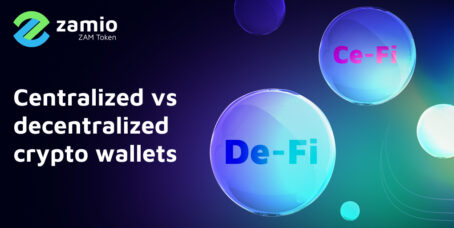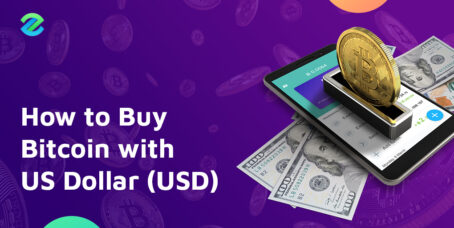Security token, also known as an investment token, differs from utility in greater price stability. However, today, no matter how trivial it sounds, it is more difficult to buy and sell it than a utilitarian one. Relatively speaking, what such an asset looks like, what properties it has, what problems it faces in the market, and what solutions are already offered – in the material.
In simple terms, a security token is a blockchain-based “share” of an underlying asset such as a company, real estate, or gold. A useful analogy is buying a share of Tesla or Amazon, which makes you the owner of a small piece of these corporations.
When startups in the blockchain industry launched the initial coin offering as a business model, they created several kinds of tokens and then watched their value rise or fall depending on the strength and popularity of the underlying platform. The rising value allowed for trading and investing, providing the founders with start-up capital and allowing them to raise money in the future by selling tokens for fiat.
It was this investment vehicle, almost a carbon copy of the initial public offering (IPO) model, that caught the attention of regulators.
Table of Contents
What tokens are security tokens?
Most of the tokens in circulation are security tokens. As former SEC Chairman Jay Clayton explained during his speech to Congress, virtually every token issued in an ICO is a security token. That companies have called them “utility tokens” is irrelevant. They meet the SEC test for a regulated securities product, so (legally) they are no different from the stock market.
Types of security tokens
To paraphrase the wording of the US Securities and Exchange Commission (SEC), a security token is a form of asset of a common enterprise, investing in which a profit will be made based on someone’s activities.
The type of security token, respectively, its function, depends on what exactly is translated into crypto: a digital asset or a physical one.
* Those assets, the price of which is formed the same for each unit of the network, are called fungible. That is, for example, one ether can be bought on any platform for the same cost in correlation with the dollar. It’s the same with bitcoin – if it costs, say, $30,000 today, then on any platform and from any owner it will be sold and bought at the same price. Minor price differences may occur. But, again, for each unit in circulation in parallel.
Security tokens are not a matter of high volatility. Especially if the emission is limited (that is, we know exactly how many units of tokens will be issued in the end). When it is not limited, the value can fluctuate depending on market sentiment. However, this does not happen as dynamically as with standard cryptocurrencies or utility tokens.
* Tokens that convey a unique, non-recurring right are called non-fungible.
Such a token is some part of a certain value (F-NFT), or a full right to it (NFT). Accordingly, it is not interchangeable with other similar assets. Say, if you are puzzled by the goal of buying a Banksy token, the ownership of his painting or image will be fully supported by a unique certificate. It can be resold, and at a different price, if you see fit. But other Banksy tokens will already have their own ownership, their own certificate for full or partial ownership of the painting. Accordingly, they may be unequal in price.
Pros and Cons of Security Tokens
Investors and developers have two main criticisms of Security Tokens.
First, it will slow down the development of the blockchain. One of the main reasons that the ICO business model proved to be so successful in 2017 was its flexibility. Developers can raise money for weeks, and sometimes days, to officially announce their project. There has been little or no friction between potential investors and the new blockchain business.
The Securities Act will change that. Following the SEC’s multi-stage regulatory process will make launching a new token both more expensive and relatively time-consuming. Overcoming barriers between entrepreneurs and their money will only bring this growing industry to a halt.
The second criticism is that the blockchain is too international to be effectively regulated. Critics of Security Tokens argue that it will hurt Americans by forcing them to comply with lengthy processes. In response, companies and investors will simply move their development elsewhere. Business will flourish outside the United States, and this country will be much poorer for it. The international nature of blockchain development means that the industry moves too quickly and easily to be effectively regulated in one jurisdiction.








